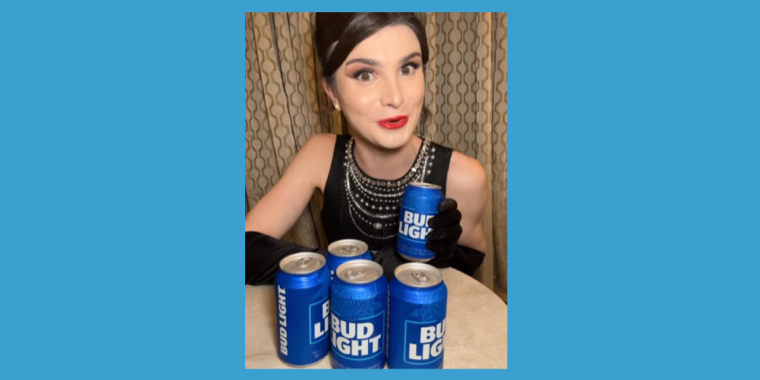Where are all the trans actors?
The representation of LGBT people in popular media has taken massive strides in recent years. With shows like Steven Universe and The Owl House, even young kids are seeing positive appearances of queer folks in the media, something unthinkable even a few decades ago. However, there is one aspect of this effort that is faltering heavily: the showcasing of transgender people and actors. Trans women especially often face challenges that their cis counterparts do not. With the refusal to offer them “cis” roles and the lack of writing about trans stories, trans women are faced with a high barrier of entry into the acting industry.
The main problem facing trans women in media is that they are only cast for trans roles. This is due to a strong sense of tokenism in relation to trans characters. If we have a side character who is black, white, male, or female, there would be no, or very little change to how they are written or perceived based on who acts as them. A character being black or white wouldn’t matter unless the writers of the show specifically decide to focus on that character's race. However, this is not the case with trans characters. When a character is trans, the writing is shifted to clearly showcase this fact, and it can generate buzz by the fact that they are trans alone. An example of this would be the nonbinary bar tender in the Cowboy Bebop live action remake, where an extremely unremarkable character suddenly had to both be rewritten from the source material and made somewhat remarkable just so a nonbinary actor could play this ensemble role.
Said Bartender, played by Mason Alexander Park. Credit: IGN Nordic
This tokenism then becomes problematic when trying to find work in the industry. This problem also exists for gay characters, where a character can’t be gay without it being a big deal, but this isn’t a problem for gay actors, because they can easily just pretend to be straight while playing a character. Unfortunately for most trans women, you can’t just pretend to not be trans. Because of these token roles, where one’s ‘trans-ness’ is emphasized, trans women often face challenges getting cast for ‘normal’ (cis) roles and must always play on screen what their real identity reflects.
Nathan Lane, A gay man, playing a straight character.
This problem is further exacerbated, then, by the lack of trans characters written for media. Writers often write what they’re familiar with, which is a good idea. After all, it is incredibly easy to tell when a woman was written by a man. However, this leads to a problem: since there aren’t as many trans writers, there aren’t as many trans characters. Most writers, despite their best intentions, simply can’t write about a complex identity like being trans without being highly familiar with the reality of that situation. This can further lead to the token trans character, as this leads to trans characters being written purely with their interaction with the cis characters in mind.

Many Trans Characters, such as "It's Always Sunny in Philadelphia"'s Carmen, exist purely to create plot movement for cis characters.
Another reason there’s a lack of trans roles is that, unfortunately, trans people are controversial. At the end of the day, executives have the final say on what gets aired, and if your target audience is the Midwest, for example, why would you write Larry the milk man as a trans guy when you could a get a cis guy to play the role without any controversy ensuing. This even further leads to the tokenization of trans characters, as when they are written, they are only written out of sheer necessity, oftentimes when a cis character couldn’t have done the job themselves.
 Budlight lost a good amount of business for just having a trans woman sponsor their product. For many film executives, trans people just aren't worth the risk.
Budlight lost a good amount of business for just having a trans woman sponsor their product. For many film executives, trans people just aren't worth the risk.
While there are obvious exceptions, this lack of trans characters in media and refusal to cast trans people for non-token roles is a major problem for trans women who are interested in getting into acting. The only way to fix this is to make trans people normal and mundane, meaning that this problem can only be solved by getting better non-token representation in media significantly more often and at all levels. Especially considering how queer acting is known for being, trans women deserve better, and hopefully one day better is what we’ll get.
Comments
Post a Comment